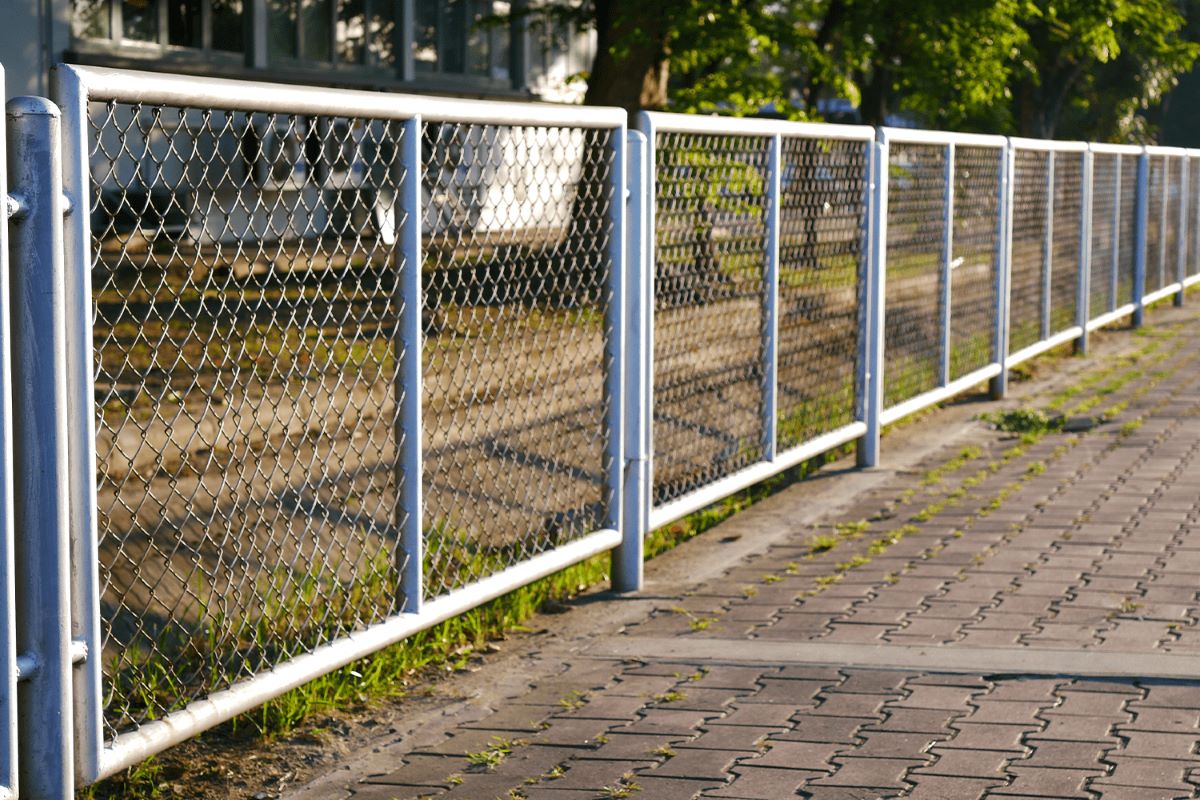

Articles
What Type Of Fence Lasts The Longest
Modified: January 8, 2024
Discover the best articles on what type of fence lasts the longest and make an informed decision for your property. Find valuable insights and expert advice here.
(Many of the links in this article redirect to a specific reviewed product. Your purchase of these products through affiliate links helps to generate commission for Storables.com, at no extra cost. Learn more)
Introduction
Welcome to our comprehensive guide on different types of fences and their lifespan. When it comes to choosing a fence for your property, durability and longevity are crucial factors to consider. You want a fence that not only serves its primary purpose but also stands the test of time.
A fence is not just a boundary; it is an investment that contributes to the aesthetics, security, and privacy of your property. With so many options available in the market, it can be overwhelming to determine which type of fence will last the longest.
In this article, we will explore various factors that affect the lifespan of fences and discuss the characteristics of different fence materials. By the end, you will have a clear understanding of the type of fence that best suits your needs and lasts for years to come.
Keep in mind that while the materials and construction play a significant role in a fence’s longevity, proper installation, maintenance, and environmental conditions also impact how long a fence will last. Now, let’s dive into the factors that affect fence lifespan.
Key Takeaways:
- Choose a fence material that matches your needs and environmental conditions to ensure longevity. Regular maintenance is key to extending the lifespan of any fence type, from classic wood to durable vinyl and elegant wrought iron.
- Understanding the factors that impact fence lifespan, such as material quality and weather exposure, empowers you to make an informed decision. Invest in a well-built and properly maintained fence to enhance your property’s aesthetics, security, and privacy for years to come.
Read more: What Mattress Lasts The Longest
Factors That Affect Fence Lifespan
Before diving into the specific types of fences and their lifespans, it’s essential to understand the factors that can impact how long a fence will last. By considering these factors, you can make an informed decision and choose a fence that will stand the test of time.
1. Material Quality: The quality of the fence material is perhaps the most crucial factor in determining its lifespan. High-quality materials, whether it’s wood, vinyl, aluminum, or any other material, will generally last longer and require less maintenance compared to lower-quality options.
2. Weather Conditions: The climate and weather conditions in your area play a significant role in how well a fence will hold up over time. Exposure to extreme temperatures, heavy rain, strong winds, and prolonged sunlight can all impact the durability of the fence material. Consider the weather patterns in your region and choose a material that can withstand those conditions.
3. Maintenance: Regular maintenance is vital for extending the lifespan of any type of fence. This includes cleaning, checking for damage or wear, and making necessary repairs promptly. Neglecting proper maintenance can significantly reduce the longevity of your fence.
4. Installation: The quality of the installation can affect how long a fence will last. Improper installation can lead to structural issues, loose panels, or gaps that can compromise the fence’s integrity and durability. It’s crucial to hire a professional or ensure you follow proper installation guidelines if you plan to install the fence yourself.
5. Pest and Insect Control: Certain pests and insects can cause damage to fences, especially wood fences. Regular pest control measures can help prevent infestations and protect your fence from termite damage or other pest-related issues.
6. Usage and Impact: The level of activity and impact your fence experiences can affect its lifespan. If you have pets that frequently jump or scratch against the fence, or if the fence is subjected to constant movement or pressure, it may show signs of wear and tear more quickly.
By considering these factors and understanding their impact on fence lifespan, you can make an informed decision when choosing the right type of fence for your property. Next, let’s explore the different types of fences and their expected lifespan.
Wood Fences
Wooden fences are a classic and popular choice for homeowners seeking a traditional and rustic look. They offer privacy and aesthetic appeal while blending well with natural surroundings. However, the lifespan of a wood fence can vary depending on several factors.
1. Type of Wood: The type of wood used for the fence significantly impacts its lifespan. Certain wood species, such as cedar and redwood, are naturally rot-resistant and have a longer lifespan compared to other types of wood, such as pine. Choosing a high-quality wood species can contribute to a longer-lasting fence.
2. Maintenance: Proper maintenance is crucial to extending the lifespan of a wood fence. Regularly inspecting for structural issues, applying protective stains or sealants, and addressing any signs of rot or insect damage can help prevent further deterioration. It is recommended to clean and reseal the wood every few years to maintain its integrity.
3. Weather Exposure: Wood is susceptible to weathering and damage from exposure to moisture, sunlight, and extreme temperatures. Fences located in areas with high humidity, heavy rainfall, or intense sunlight may experience faster deterioration. Regularly inspecting the fence for any signs of damage and taking appropriate measures can help mitigate the impact of weather exposure.
4. Insects and Pests: Wood fences are susceptible to insect infestations, particularly termites and carpenter ants. Regular pest control measures and keeping the fence clear of vegetation or debris can help prevent these issues.
The average lifespan of a well-maintained wood fence can range from 15 to 20 years. However, with proper care and maintenance, a wood fence made from rot-resistant wood species can potentially last even longer.
It’s important to note that wood fences may require more upkeep compared to other fence materials. Regular cleaning, staining, and repairs are necessary to prolong their lifespan. If you prefer a low-maintenance option, you may consider exploring other fence materials such as vinyl or aluminum.
Now, let’s move on to discussing vinyl fences and their longevity.
Vinyl Fences
Vinyl fences have gained popularity in recent years due to their durability, low maintenance requirements, and versatility. Made from a synthetic material called PVC (polyvinyl chloride), vinyl fences offer several benefits when it comes to longevity.
1. Weather Resistance: One of the key advantages of vinyl fences is their ability to withstand various weather conditions. They are highly resistant to moisture, sunlight, and fluctuations in temperature, making them ideal for areas with extreme weather patterns. Vinyl fences do not warp, crack, or fade like wood fences, making them a long-lasting option.
2. Color Retention: Unlike wood fences that require regular staining or painting to maintain their appearance, vinyl fences retain their color for years. Vinyl is typically manufactured with UV inhibitors, which protect it from fading, ensuring that your fence remains vibrant and attractive over time.
3. Low Maintenance: Vinyl fences are virtually maintenance-free. They do not require staining, painting, or regular sealing like wood fences. A simple occasional cleaning with mild soap and water is usually sufficient to keep the fence looking its best. This significantly reduces the time and effort needed to maintain the fence, making it a popular choice for homeowners.
4. Durability: Vinyl fences are built to be strong and durable. They are resistant to rot, pests, and corrosion, and can withstand impact better than some other fence materials. This makes them particularly suitable for areas with high wind or frequent storms.
The lifespan of a vinyl fence can range from 20 to 30 years or even longer with proper maintenance. With its impressive durability and low maintenance requirements, a vinyl fence can be an excellent investment for homeowners looking for a long-lasting option.
It’s important to note that while vinyl fences are highly durable, they can be more susceptible to impact damage from heavy objects or extreme force. However, this can often be repaired easily by replacing damaged sections, maintaining the overall integrity of the fence.
Now that we’ve explored the benefits of vinyl fences, let’s move on to discuss aluminum fences and their lifespan.
Look for fences made of materials like steel, aluminum, or vinyl, as these tend to have the longest lifespan due to their durability and resistance to weather and pests. Regular maintenance and proper installation also contribute to a fence’s longevity.
Aluminum Fences
Aluminum fences are a popular choice for homeowners who desire a combination of strength, durability, and aesthetic appeal. These fences are constructed using lightweight and corrosion-resistant aluminum materials, offering several advantages when it comes to longevity.
1. Weather Resistance: Aluminum fences are highly resistant to weather conditions. They do not rust or corrode, making them an excellent option for areas with high humidity, saltwater exposure, or frequent rainfall. Additionally, they are not prone to warping or cracking due to extreme temperatures.
2. Low Maintenance: Similar to vinyl fences, aluminum fences require minimal maintenance. They do not need painting, staining, or sealing to maintain their appearance or functionality. Cleaning the fence periodically with mild soap and water is usually sufficient to keep it looking its best.
3. Longevity: Aluminum fences are built to last. The combination of lightweight construction and durability allows them to withstand the test of time. With proper installation and maintenance, an aluminum fence can easily last 20 to 30 years or more, providing long-term security and value for homeowners.
4. Versatility: Aluminum fences are available in a wide range of styles and designs, allowing homeowners to choose a fence that complements their overall aesthetic preferences. Whether it’s a traditional picket-style fence or a modern and sleek design, aluminum fences offer versatility and customization options.
It’s worth noting that in areas with high wind or frequent storms, aluminum fences may be less sturdy compared to other materials like wrought iron. However, their lightweight nature allows them to flex and move with the wind, reducing the risk of damage.
Overall, aluminum fences provide a long-lasting fencing solution that requires minimal maintenance. Their durability, resistance to weather conditions, and wide range of design options make them an attractive choice for homeowners.
Now that we’ve explored aluminum fences, let’s move on to discussing chain link fences and their lifespan.
Read more: What Is The Longest Lasting Light Bulb
Chain Link Fences
Chain link fences are a popular and cost-effective option for both residential and commercial properties. They are known for their durability, versatility, and low maintenance requirements. Let’s explore the factors that contribute to the lifespan of chain link fences.
1. Material Quality: The quality of the materials used in the construction of a chain link fence can impact its lifespan. The gauge, or thickness, of the wire mesh, as well as the quality of the coating, can determine the fence’s resistance to rust and corrosion.
2. Galvanized or Vinyl Coating: Chain link fences often come in two different coatings: galvanized and vinyl coated. Galvanized chain link fences have a zinc coating that protects against rust and corrosion. Vinyl-coated chain link fences have an additional layer of PVC coating, providing extra durability and resistance to the elements.
3. Maintenance: While chain link fences are relatively low maintenance, regular upkeep can help prolong their lifespan. Periodically inspecting the fence for any signs of rust, damage, or loose components and addressing them promptly can prevent further deterioration.
4. Environmental Factors: Chain link fences are designed to withstand various weather conditions. However, exposure to extreme elements, such as heavy rainfall, high winds, or prolonged sunlight, can impact the fence’s longevity. Regular inspections and maintenance can help identify and address any weather-related issues.
The average lifespan of a well-maintained chain link fence can vary, depending on factors such as material quality and environmental conditions. With proper installation and maintenance, a chain link fence can last anywhere from 15 to 20 years or more.
It’s important to consider that chain link fences may not provide the same level of privacy as other types of fences. However, they are highly durable, cost-effective, and can serve a variety of purposes, including securing boundaries and keeping pets in the yard.
Now that we’ve discussed chain link fences, let’s move on to exploring wrought iron fences and their lifespan.
Wrought Iron Fences
Wrought iron fences are renowned for their elegant and timeless appearance. They offer security, durability, and add a touch of sophistication to any property. Let’s delve into the factors that contribute to the lifespan of wrought iron fences.
1. Structural Integrity: Wrought iron is a highly durable material that can withstand the test of time. Its strength and resistance to impact make it suitable for long-lasting fencing. However, the structural integrity of a wrought iron fence relies heavily on proper installation, ensuring that it is securely anchored and aligned.
2. Rust Prevention: One of the potential challenges for wrought iron fences is rust. To mitigate this issue, the fence should receive proper treatment, such as galvanization, which involves coating the iron with a layer of zinc to protect against rust and corrosion. Regular maintenance, including repainting and touch-ups, can also help prevent rust formation and extend the fence’s lifespan.
3. Maintenance and Repairs: Like any other fence, wrought iron fences require regular maintenance to keep them in optimal condition. This includes inspecting for signs of rust, chipped or flaking paint, loose components, and addressing them promptly. Lubricating hinges, locks, and gates can also help maintain smooth functionality and prevent unnecessary wear.
4. Environmental Factors: The environment in which a wrought iron fence is installed can affect its lifespan. Exposure to harsh weather conditions, such as heavy rain, strong winds, or saltwater spray in coastal areas, can accelerate the deterioration process. Proper maintenance and protective coatings can help mitigate the impact of these environmental factors.
With proper maintenance, a well-built wrought iron fence can last for several decades. The lifespan of a wrought iron fence can range from 30 to 50 years or even longer, making it a highly durable and long-lasting fencing choice.
It’s important to note that while wrought iron fences offer durability, they may require more maintenance compared to other fence materials. The intricate designs and details of wrought iron fences may require occasional refinishing or repainting to keep them looking their best. However, the timeless aesthetic and durability of wrought iron make it a sought-after option for many homeowners.
Now, let’s wrap up our comprehensive guide by summarizing the key points we’ve discussed.
Conclusion
Choosing a fence that lasts the longest is a vital consideration when investing in your property’s security, privacy, and aesthetics. Throughout this guide, we’ve explored different types of fences and their expected lifespans. While the lifespan of a fence can be influenced by various factors, such as material quality, maintenance, weather conditions, and usage, understanding these factors can help you make an informed decision.
Wood fences offer a classic and natural appeal, with a lifespan ranging from 15 to 20 years or more, depending on the wood species and maintenance. Vinyl fences are a low-maintenance option known for their durability, with a lifespan of 20 to 30 years. Aluminum fences combine strength, versatility, and longevity, lasting 20 to 30 years or more. Chain link fences, an affordable choice, can last for 15 to 20 years with proper care. Wrought iron fences, known for their elegance, can endure for several decades, ranging from 30 to 50 years or longer.
While these estimated lifespans provide a general guideline, it’s essential to remember that proper maintenance is crucial for any fence type. Regular inspections, cleaning, and addressing any repairs promptly can help extend the lifespan of your fence.
When choosing a fence material, consider your specific needs, budget, and the environmental conditions in your area. Consult with a professional to ensure proper installation and explore any additional options such as protective coatings or treatments that can further enhance the fence’s durability.
In conclusion, by understanding the factors that affect fence lifespan and considering the characteristics of different fence materials, you can select a fence that offers the longevity and performance you desire. A well-built and properly maintained fence will not only enhance the aesthetics of your property but also provide security and privacy for years to come.
Investing in a long-lasting fence ensures that you can enjoy the benefits and peace of mind that comes with it for many years, making it a worthwhile investment in your property’s value and your overall satisfaction as a homeowner.
Frequently Asked Questions about What Type Of Fence Lasts The Longest
Was this page helpful?
At Storables.com, we guarantee accurate and reliable information. Our content, validated by Expert Board Contributors, is crafted following stringent Editorial Policies. We're committed to providing you with well-researched, expert-backed insights for all your informational needs.
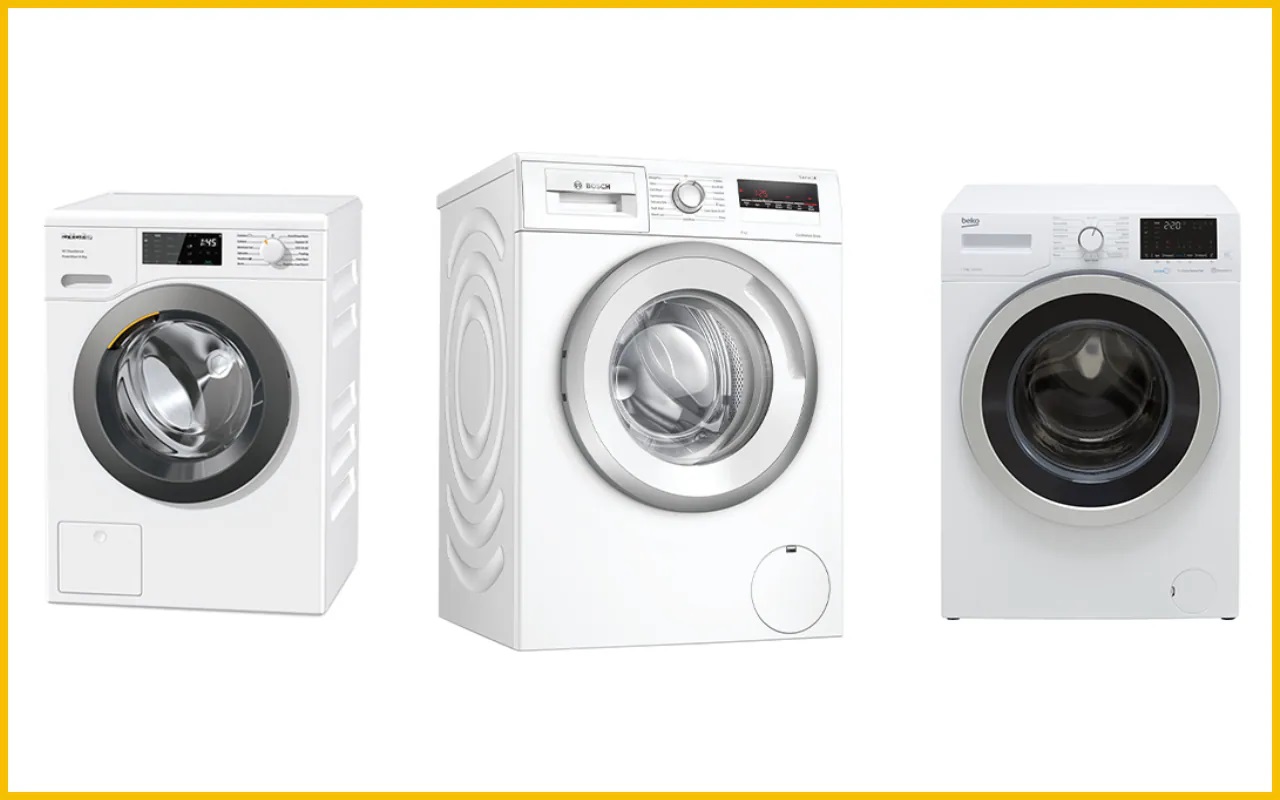
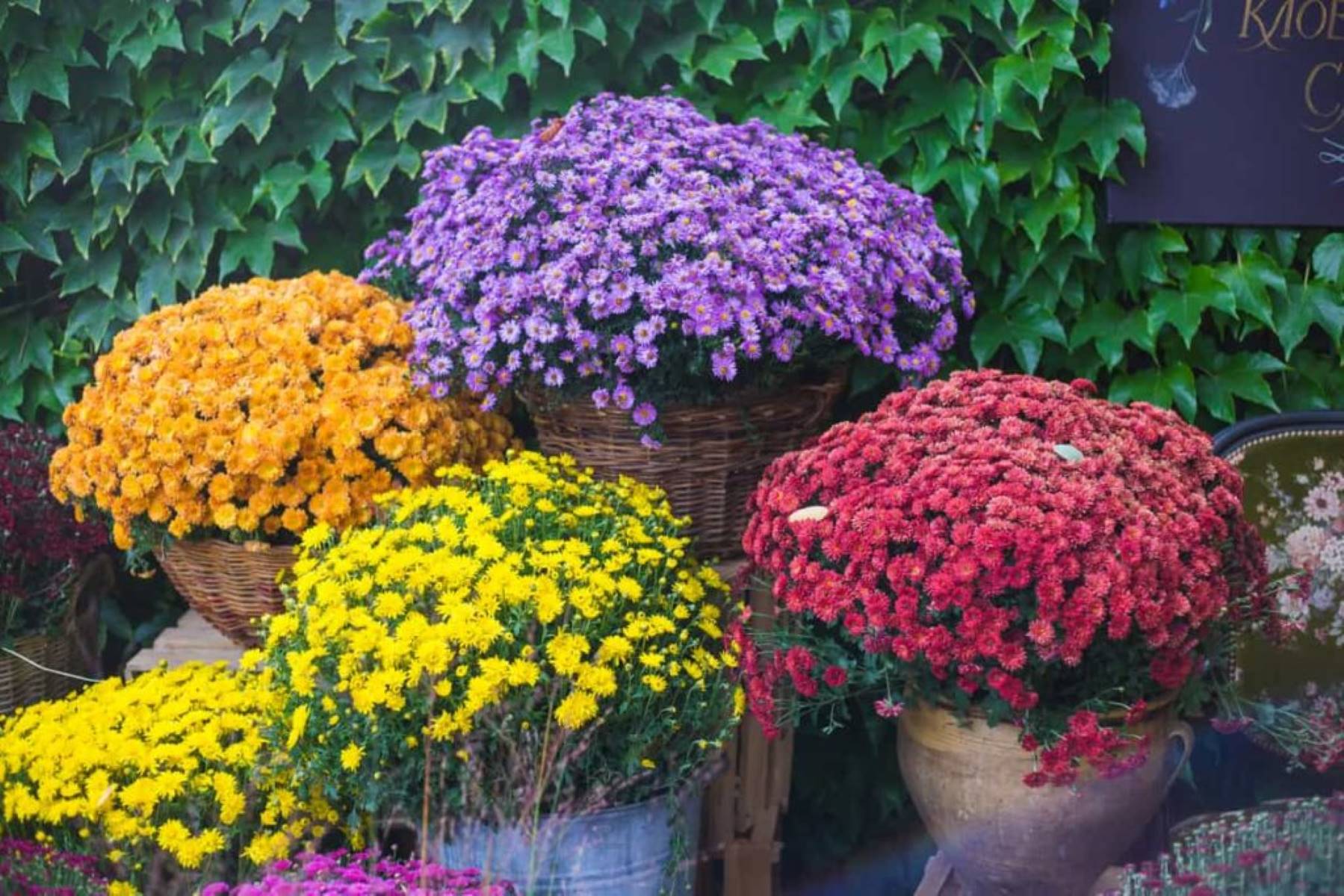

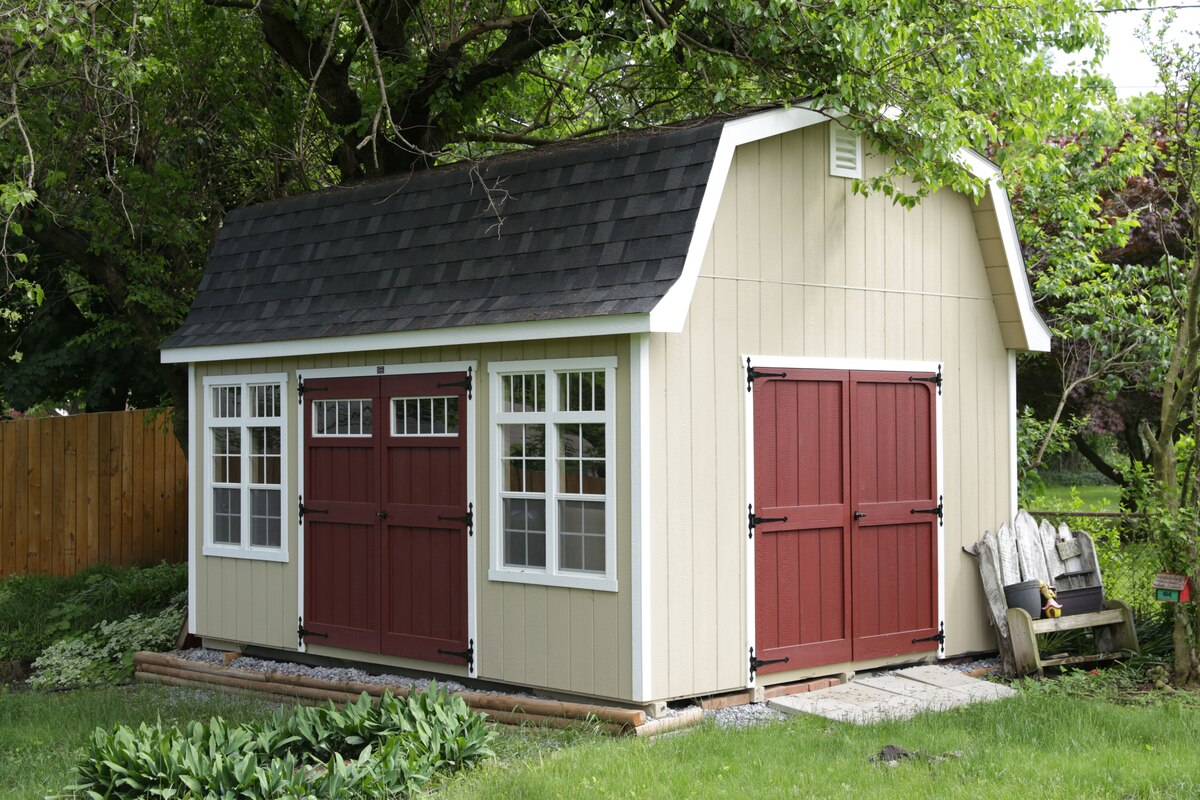
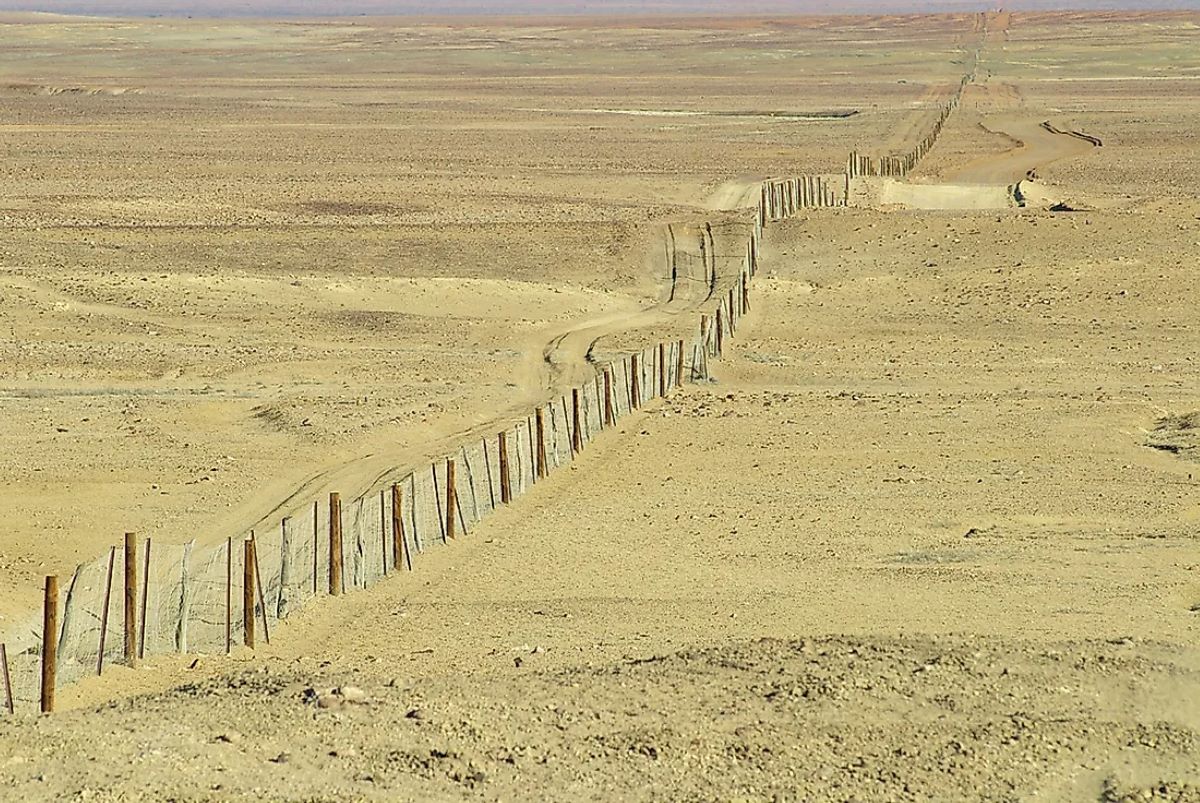
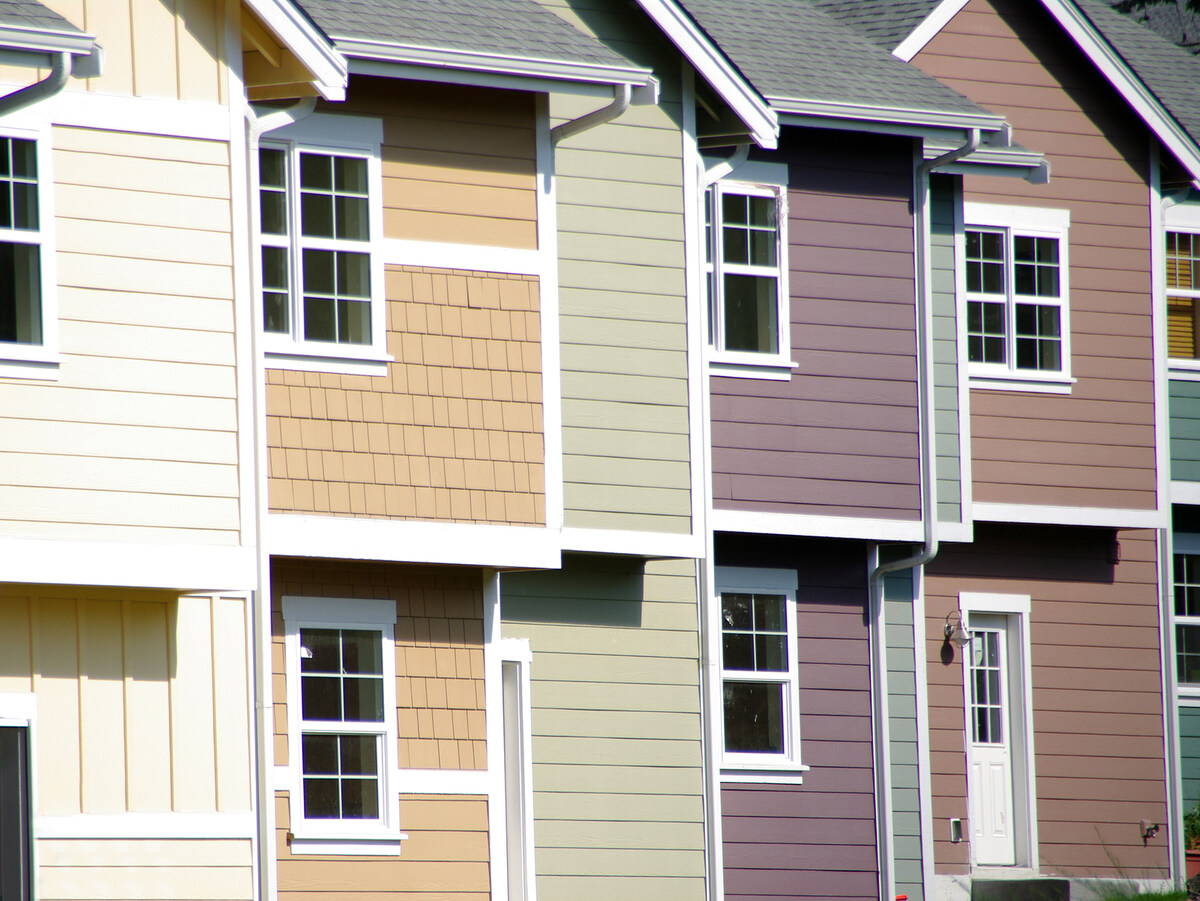
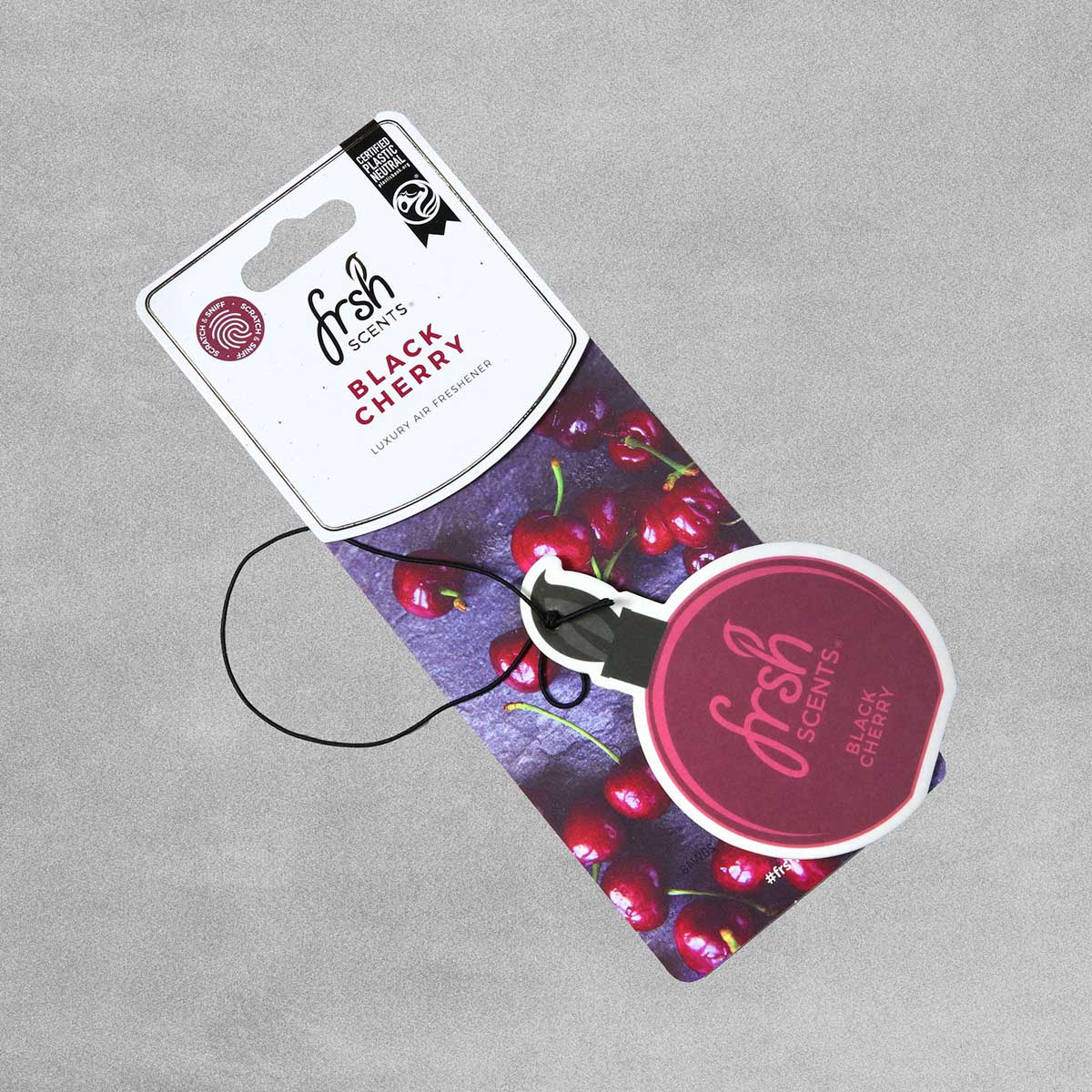
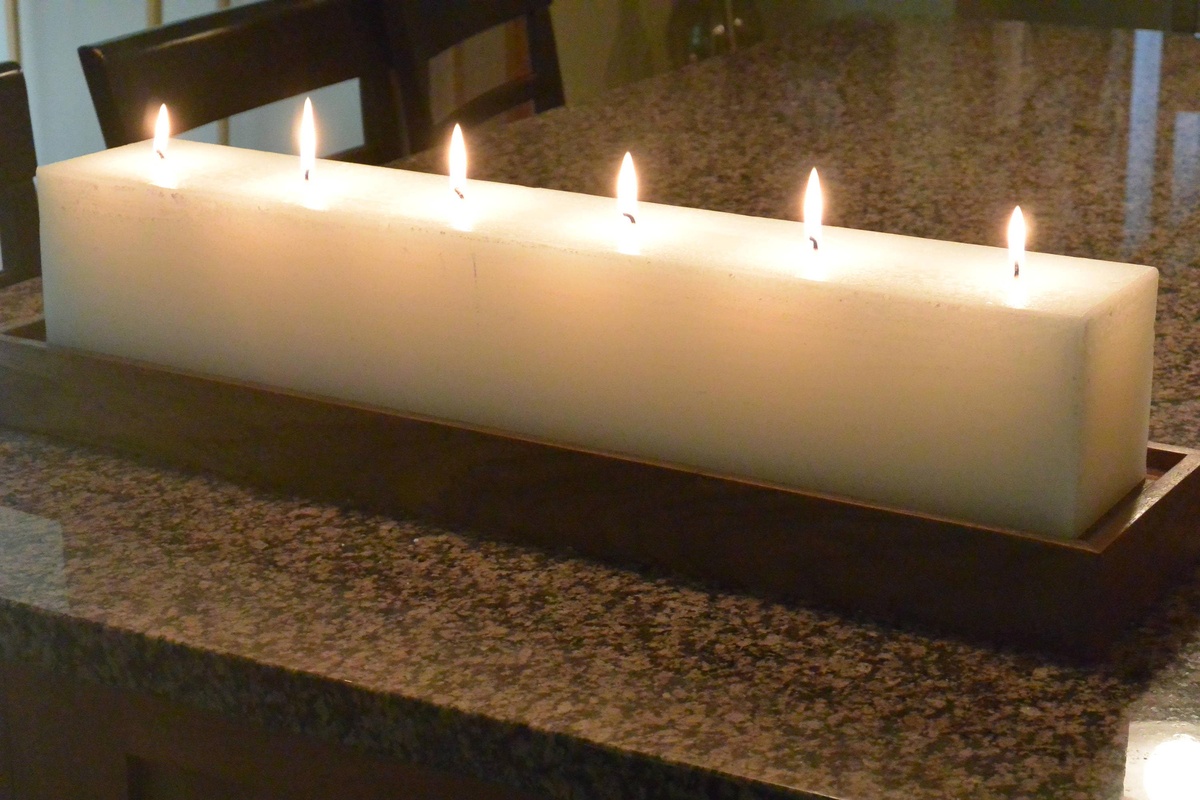
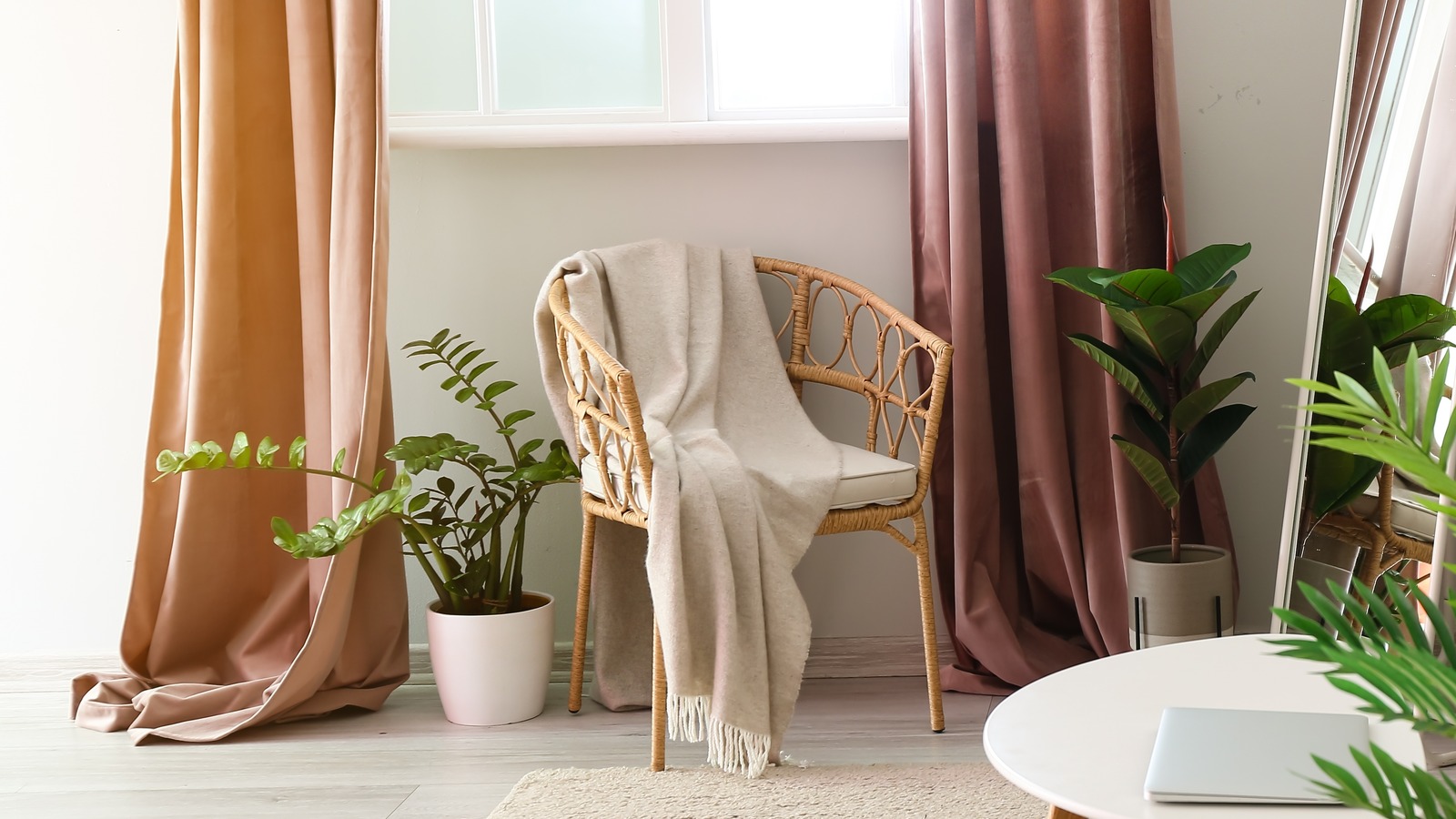
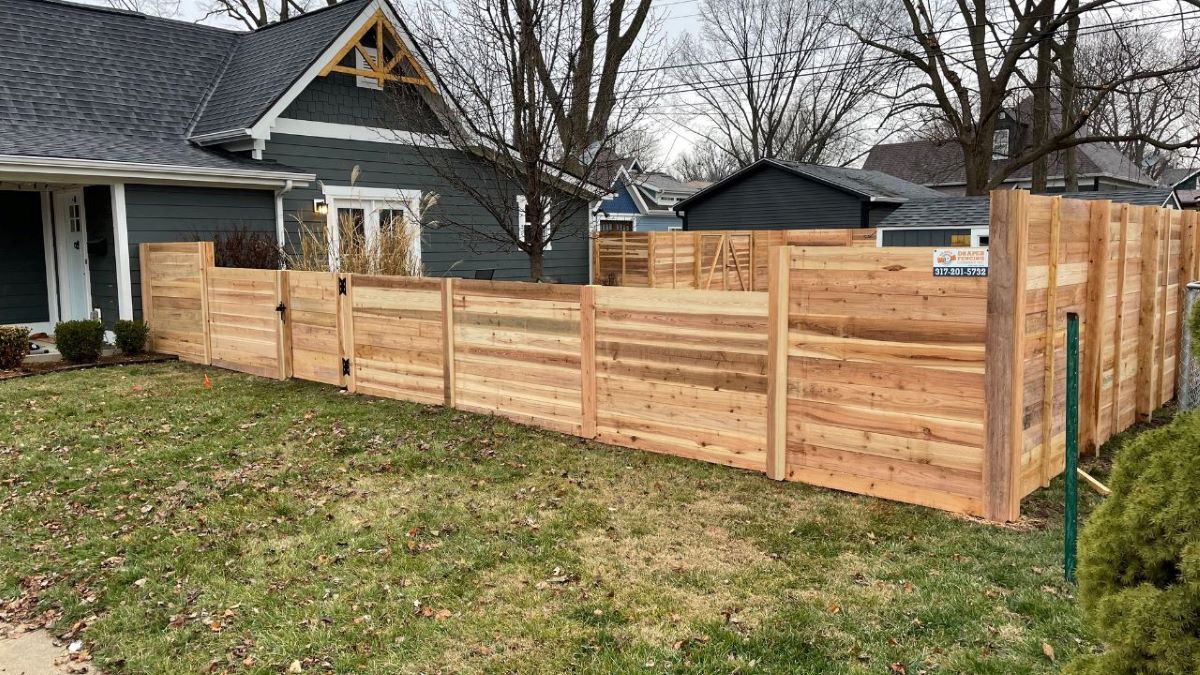
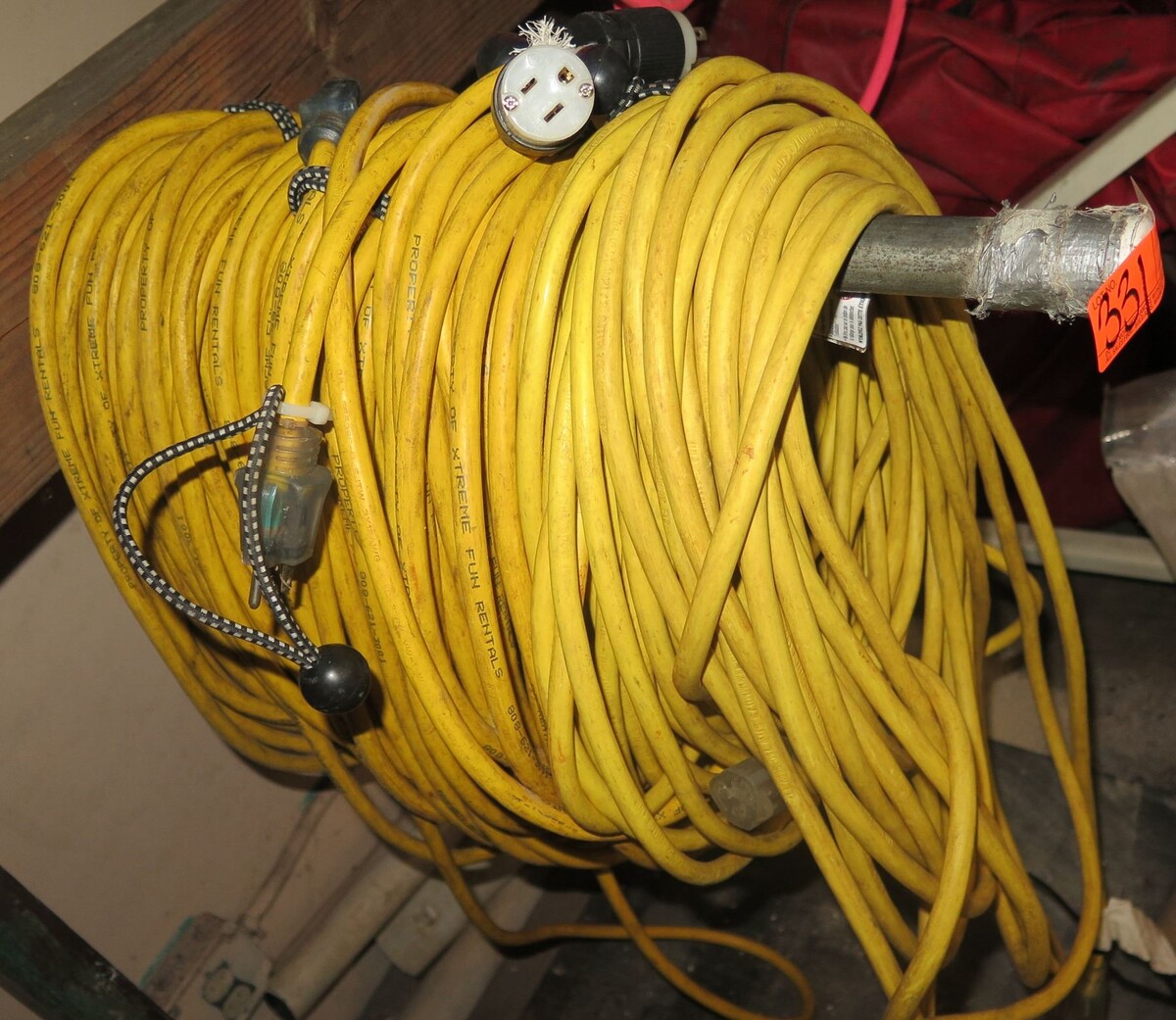

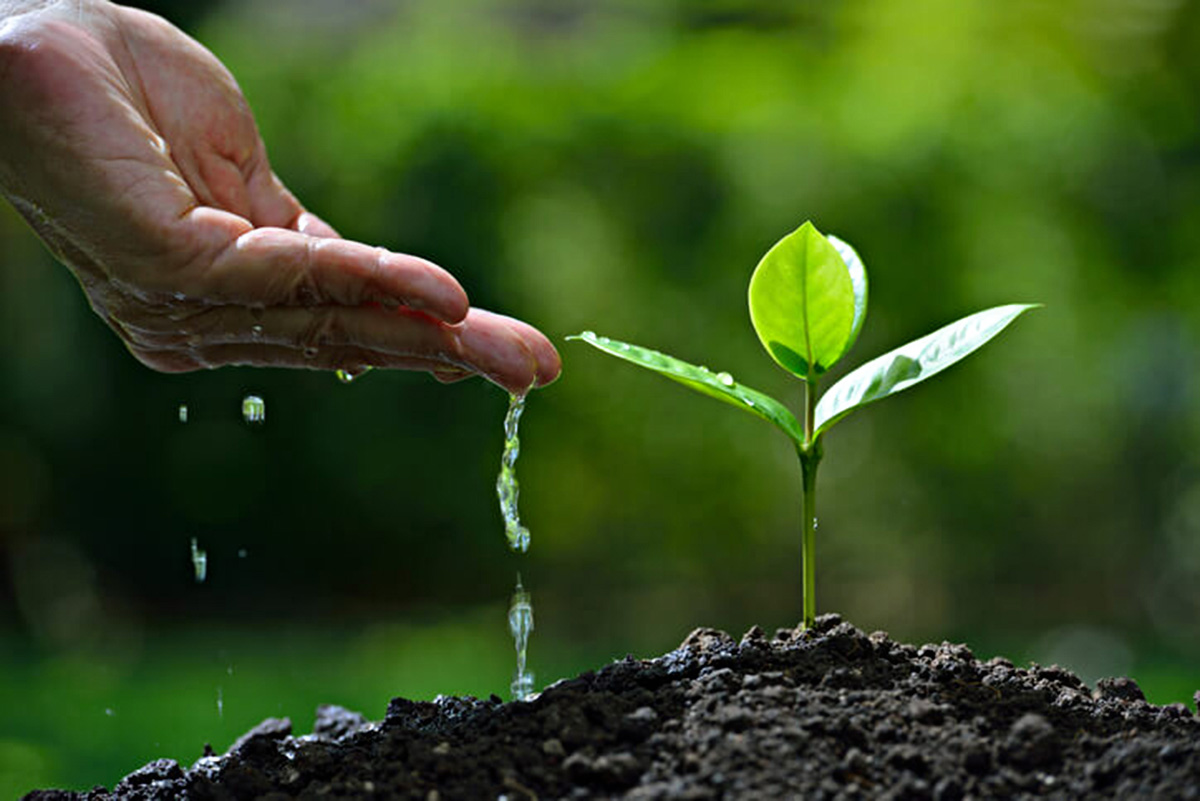
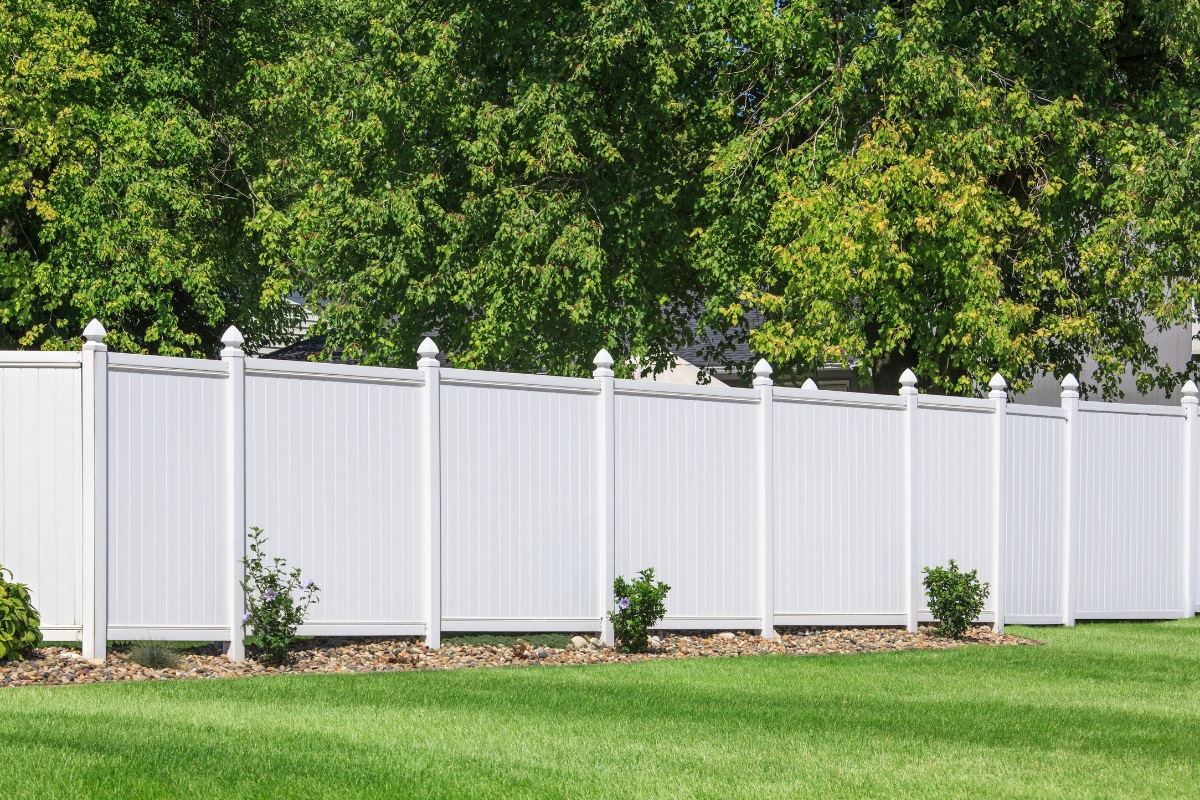

0 thoughts on “What Type Of Fence Lasts The Longest”